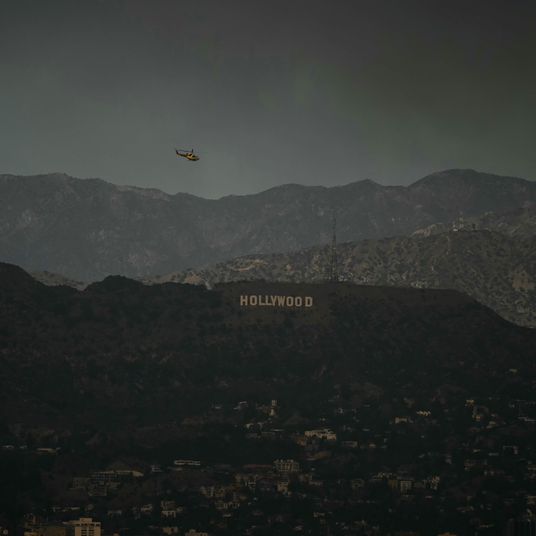After days of fighting, anti-Qaddafi rebels have begun retreating from the Libyan port city of Ras Lanuf. Low on ammunition and artillery, a caravan of hundreds of opposition rebels began an eastward journey toward Benghazi today. But all may not be lost. This week, France became the first country to recognize the rebels as a legitimate governing force, and French President Nicolas Sarkozy said that he would begin “targeted operations” to defend civilians with international approval.
The U.S. has thus far stopped short of recognizing the rebels as a legitimate government, but Secretary of State Hillary Clinton said she would meet with opposition leaders in the coming weeks. The U.S. government announced that it will take steps to track and prosecute Qaddafi loyalists who commit atrocities, and Obama’s national security adviser, Thomas Donilon, said that the administration was looking for ways of working with the Libyan opposition.
“We’re coordinating directly with them to provide assistance,” he said, but stressed that the assistance was humanitarian in nature.
The U.S. is also looking to convince other NATO countries to step in and form a coalition against Qaddafi. “It’s not enough for them to just cheer us on,” one senior administration official said. “They have to put some skin in the game. The President has made clear it can’t just be us.”
But some within the administration doubt the effectiveness of the rebel forces. James R. Clapper, director of national intelligence, told members of the Senate Armed Services Committee that Qaddafi has a significant arms advantage.
“This is kind of a stalemate back and forth,” he said, “but I think over the longer term that the regime will prevail.”
U.S. Escalates Pressure on Libya Amid Mixed Signals [NYT]
Rebels retreat from Libyan oil port amid barrage [AP]





























